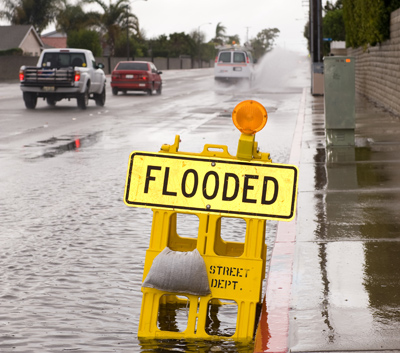Effective January 1, 2026, a 3% credit card processing fee will be applied to all card transactions.
CALL NOW
(803) 324-3999
COMPLETE AUTO CARE
Reliable Transmission Service
703.5 N Anderson Rd
Rock Hill, SC 2973
(803) 324-3999
krysgraham@gmail.comEffective January 1, 2026, a 3% credit card processing fee will be applied to all card transactions.
CALL NOW
(803) 324-3999
COMPLETE AUTO CARE
703.5 N Anderson Rd
Rock Hill, SC 2973
(803) 324-3999
krysgraham@gmail.com
With the unpredictable weather we regularly have, being prepared with safe driving tips can keep you out of danger and reduce the risk of property damage. Your car has many electrical parts that should not be soaked with water. But what if you are caught in a flooded roadway? Follow these helpful tips to avoid unnecessary electrical damage in the car engine:
Detour - As much as possible avoid driving puddles of water. If you can still find a safer alternative route to your destination, drive that way instead. Forcing your vehicle to cross flooded roadways can cost you expensive car engine repairs and worse yet, life-threatening injuries.
Obey Barricades - Do not ignore road flooding warning signages. Do not force to attempt driving through seemingly shallow water because they might be much deeper than you think. There might be large holes or objects that are hidden beneath the water surface that can lodge and can cause damage at the bottom parts of your vehicle.
Estimate Depth of Water - If there’s no other way but to drive through flooded lane, observe how deep is the water from other cars that are driving ahead of you. Do not proceed if you think your vehicle is too low or there’s a rushing water that is too strong for your vehicle to handle.
Avoid Downed Power Lines - Drive slowly and elude downed power lines. Always assume that they are live. It’s electrical current can easily travel through water which can damage your car and can put you in grave danger.
Test and Dry Wet Brakes - Just in case you have past through a water level that come close toward your wheel rims, check your brakes when you reached a clearer path because most likely your brakes are soaked in the water. Dry it by stepping down to your brake pedal gently while maintaining a speed.
Exit the Car Safely - If your car’s engine stalls out in a large standing water, might as well decide to go out of your car and carefully check for hazards in your surrounding. Reach to a higher ground as soon as possible.
Lastly, don’t attempt to start a car that is trapped or submerged in deep water. A comprehensive check-up is required before starting the engine to make sure the electric components are free of moisture and working accurately. Contact a certified automotive mechanic, contact Reliable Transmission Repair for assistance.